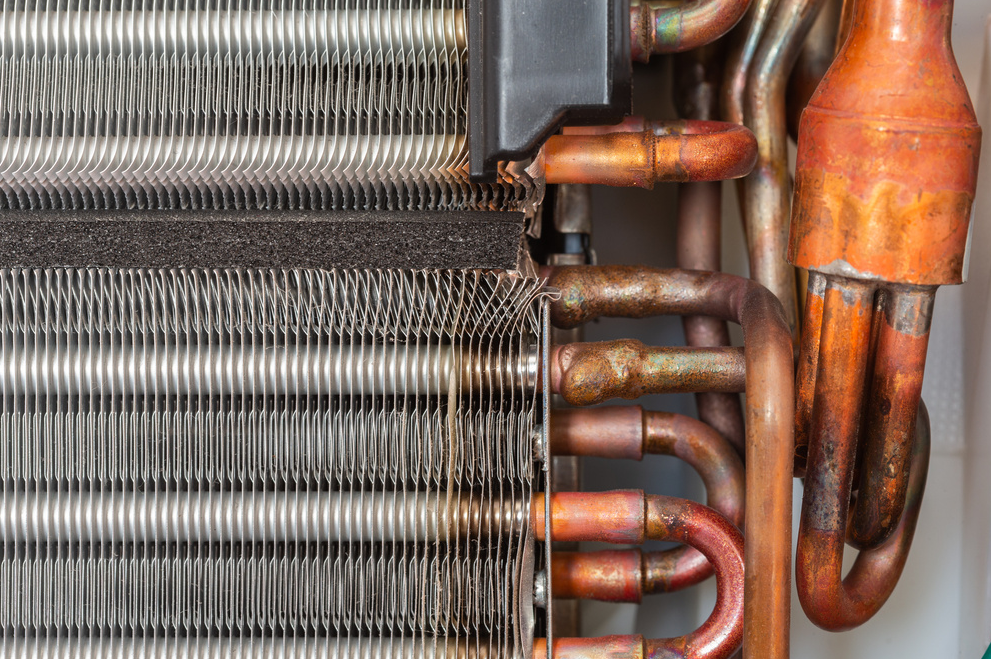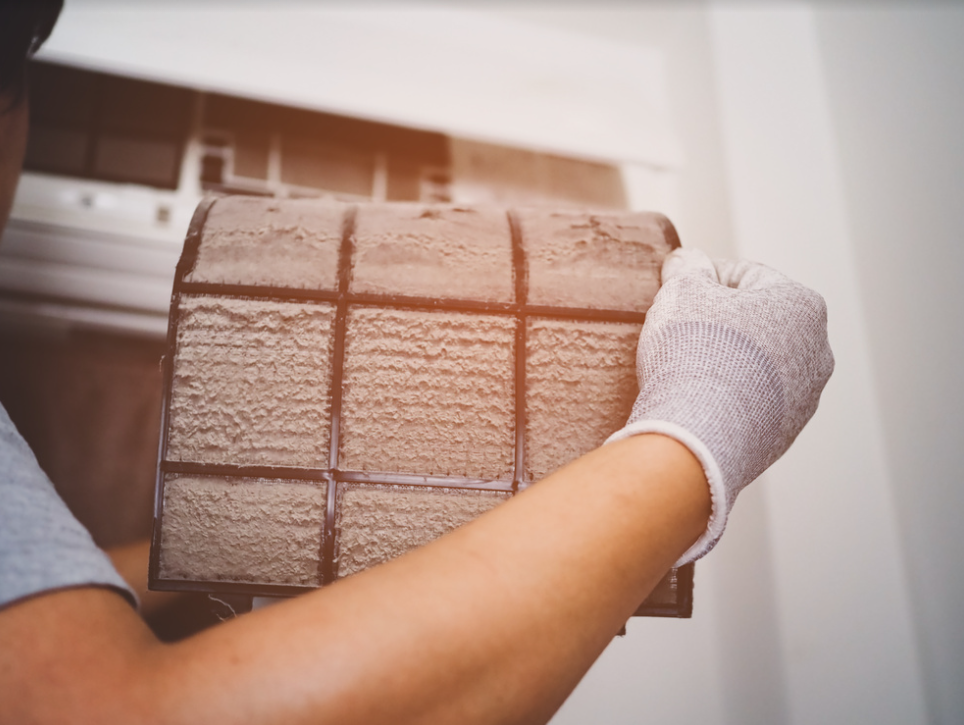Are you having issues with your HVAC? Here’s how to fix it!
 Photos By: Adobe Stock Images
Photos By: Adobe Stock Images
People rely heavily on their heating, ventilation, and air conditioning (HVAC) units to get through a hot summer day or a cold winter night. Without them, surviving the annoying weather patterns and extreme temperature changes can be challenging. Thus, you may want to ensure that your unit is always running in tip-top shape.
To do that, look for the four most common HVAC issues and learn how to fix them, which you can read about in this article.
Clogged Drain Lines
Aside from cooling or removing heat from the air, HVACs also reduce humidity. Whenever humid air goes through the fins of HVAC, the moisture condenses and accumulates inside the unit. Of course, people don’t want water to sputter out from their HVAC. Hence, these units come with condensate drain lines.
One of the most common HVAC issues you may encounter is a clogged drain line. It often happens to HVACs after some time because, aside from water, dirt and debris can get inside an HVAC unit. They can form a clump inside the line, leading to a clog.
Condensate water can’t flow out when the line gets blocked. Instead, it may pool inside the unit and potentially damage your HVAC’s motor and electric systems. They may also incur water damage in your home if left alone for a long time.
Thankfully, it’s simple to remove the clog. The first step is to empty the drain pan. Then, use a water hose or compressed air to blow through the drain line to push the clog outside. Ensure you do the unclogging from your HVAC’s end.
Blocked Condenser Coils
An HVAC unit cools your home by taking the heat out of the air. It does that through the evaporator and condenser. These contain refrigerants that travel through the coils, absorb the heat from the air from the evaporator coil, and release the heat through the condenser coil.
A fan blows through the condenser coil to let the heat dissipate outside. This fan ensures that heat escapes from the condenser coil, making the HVAC run as efficiently as possible. However, after some time, dirt and debris can block the coils and make it difficult for the condenser to dissipate heat. When this happens, your unit will take a lot of time to cool your room and even start to incur higher electric bills.
To remedy that, you can clean the condenser coil yourself. You can do this using water and mild detergent. Spray some soapy water on the coil and leave it for a few minutes to loosen up the dirt. Then, you can either spray more water or use a soft brush to remove the gunk buildup on the coils. Ensure you apply a little pressure as the fins in these coils can easily bend, effectively blocking the air.
Blower Or Fan Motor Runs Nonstop
You may have heard occasional whirring noises from your HVAC. After a few minutes, it would slowly fade away and disappear. That’s the unit’s blower motor you’re hearing.
Unfortunately, if the blower fan continuously runs for hours, it might indicate that your HVAC is working too hard. This can be distracting if you’re working or doing anything that requires quietness. However, it doesn’t mean there’s a problem with the unit. Nonetheless, you may try to look at it if it continues to bother you.
To turn off the fan, check your thermostat. If the fan is on, turn it off to stop the blower from running. If it continues to operate even if the thermostat is off, the fan relay may be already bad, or the thermostat is starting to fail.
You can try to power-cycle your HVAC using the circuit breaker and see if it will reset the system. You can try to turn it off for an hour and turn it back on. If the problem persists, you may want to call an HVAC technician.

Airflow Suddenly Weakens
Whenever you come home after a hot day, you would often go to the vent of your HVAC to savor the cool breeze it produces. If you notice that it isn’t releasing enough air to cool you down or it’s blowing warm air, there might be a lack of airflow.
A lack of airflow in your HVAC can cause you a few headaches. This issue forces the unit to work harder, resulting in higher electric bills. It also prevents the maintenance of a stable temperature in the room. Furthermore, it may result in some foul odor coming from the unit.
The usual culprit for this problem is a dirty air filter. If the filter is relatively new or less than three months of age, you may want to clean it using a brush. Yet if the filter has been with you for a long time, consider replacing it.
Conclusion
These are the four most common HVAC problems you may encounter with your unit. Thankfully, most of them are easy to fix and may not require calling a technician to help you. However, if the simple fixes here won’t work, never hesitate to refer your problem to them.




